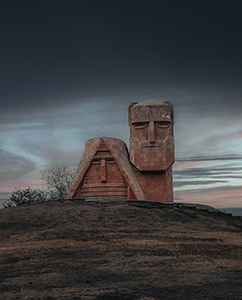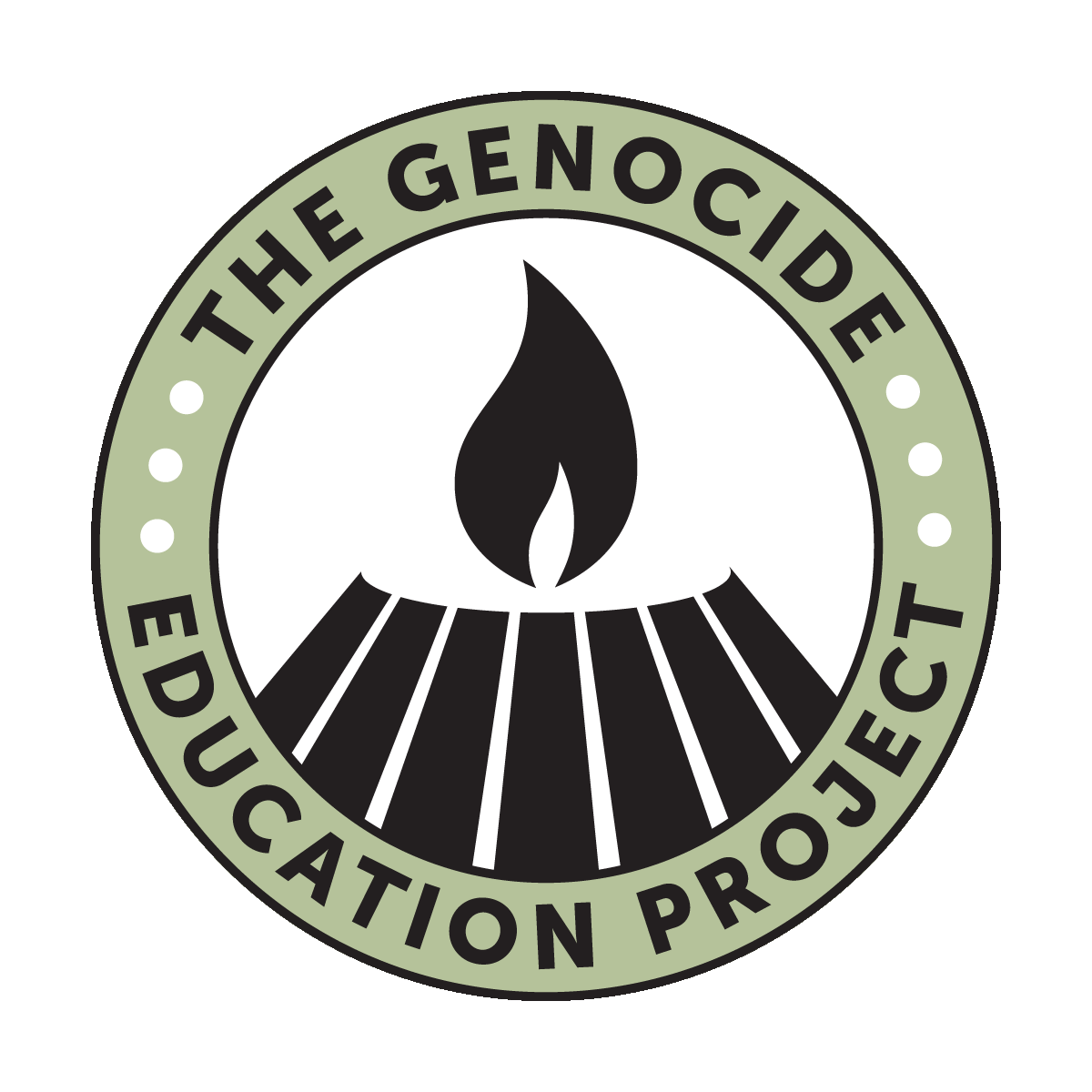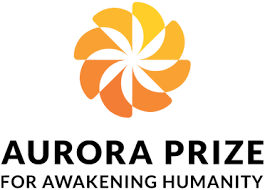21.09.2023

On December 9, 1948 the international community decided to say “No” to the crime of genocide. Together with criminalizing genocidal acts, 153 state parties who had signed and ratified the Convention on the Prevention and Punishment of the Crime of Genocide (Genocide Convention) to date, have undertaken an obligation
first to prevent and then only to punish the crime of genocide.
Article 1 of the Genocide Convention states that “The Contracting Parties confirm that genocide, whether committed in time of peace or in time of war, is a crime under international law which they undertake to prevent and to punish.”
In the case Concerning Application of the Convention on the Prevention and Punishment of the Crime of Genocide (Bosnia and Herzegovina v. Serbia and Montenegro), in its judgment the International Court of Justice ruled that state parties should “not wait until the perpetration of Genocide,” and explained the state-party obligation as one “to prevent or attempt to prevent the occurrence of the act.”
Unfortunately, 75 years later the modern civilization is silently witnessing another violent and brutal act of genocide, this time perpetrated against the Armenian population in Artsakh (Nagorno-Karabakh). After 9 months of blockade-resulted starvation and medical emergencies, the Armenians of Artsakh have entered a physical extermination stage of genocide being attacked by drones, airstrikes and mass shelling. There are deaths and wounded among the civilians, also children. Many are reported missing.
“There is an ongoing Genocide against 120,000 Armenians living in Nagorno-Karabakh, also known as Artsakh,” (Expert Opinion Genocide against Armenians in 2023, Luis Moreno Ocampo) “Evidence presented here suggests that the crime of genocide may already be taking place in the form of the blockade, which is both “Causing serious bodily or mental harm to members of the group” and “deliberately inflicting on the group conditions of life calculated to bring about its physical destruction in whole or in part” (Lemkin Institute for Genocide Prevention), “Under the circumstances, it is my considered opinion that the facts outlined above constitute sufficient reason to proffer an early warning to the international community that the population of Nagorno-Karabakh is at risk of suffering “serious bodily or mental harm to members of the group” (Article 2, paragraph b of the Convention on the Prevention and Punishment of Genocide) (PRELIMINARY OPINION on the situation in Nagorno-Karabakh and on the need for the international community to adopt measures to prevent atrocity crimes, Juan Ernesto Mendez). These were expert opinions and reports that preceded this genocidal onslaught.
Unfortunately, the world has remained silent.
As in 1890s, when the protection of rights and security of Armenians was entrusted to the Ottoman Empire, which resulted in the forced deportation and slaughter of 1.5 million Armenians during the Armenian Genocide, again the international community wants to entrust the protection and guarantees of the rights of Armenians living in Artsakh to Azerbaijan, disregarding the long-lasting history of violence, institutionalized anti-Armenian hatred, persecution and annihilation of Armenians by Azeris.
The result of this will be the following - either the region will be brutally and forcefully ethnically cleansed from its indigenous Armenian population or they will be, and actually are, physically and culturally annihilated losing their lives and group identity by a genocidal regime.
Article VIII of the Genocide Convention further stipulates that “Any Contracting Party may call upon the competent organs of the United Nations to take such action under the Charter of the United Nations as they consider appropriate for the prevention and suppression of acts of genocide or any of the other acts enumerated in article III.”
The international community has already acted in cases of Kosovo, South Sudan, Bangladesh, East Timor.
An immediate deployment of UN mandated peacekeeping forces is vital now to save the Artsakh population from being slaughtered. Every hour is crucial. Otherwise, we are witnessing a total collapse of moral and institutional world order.





